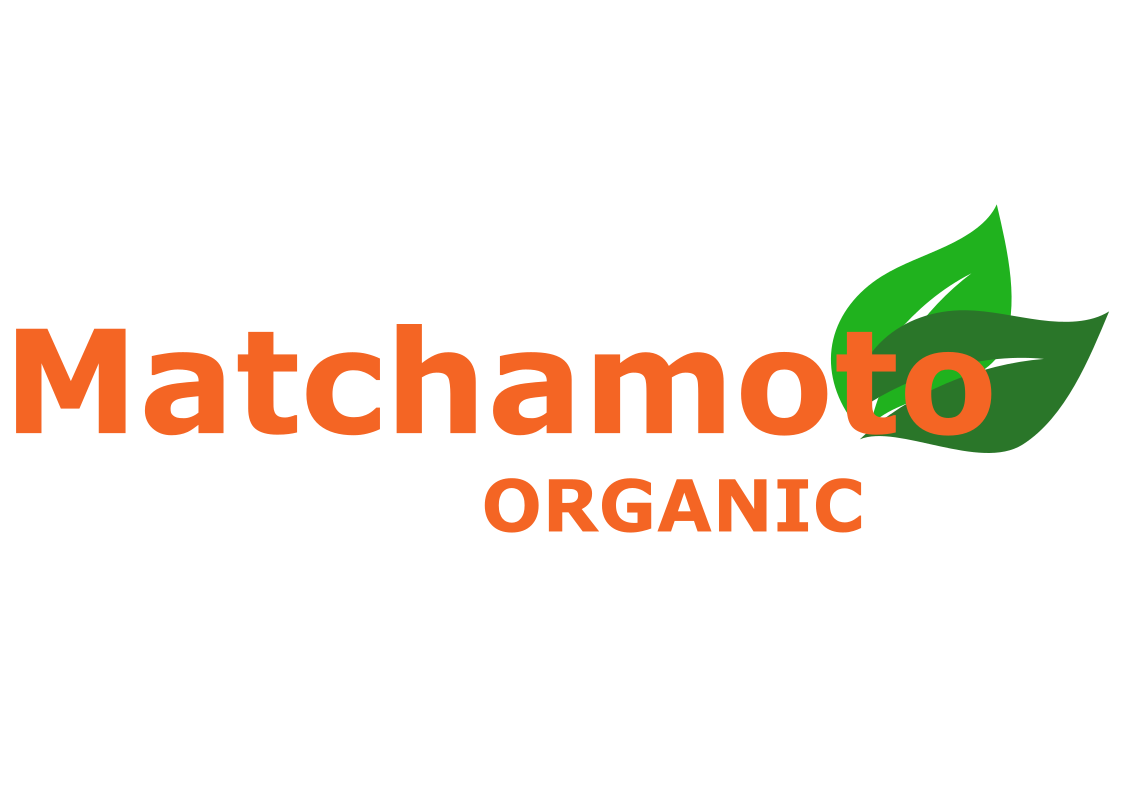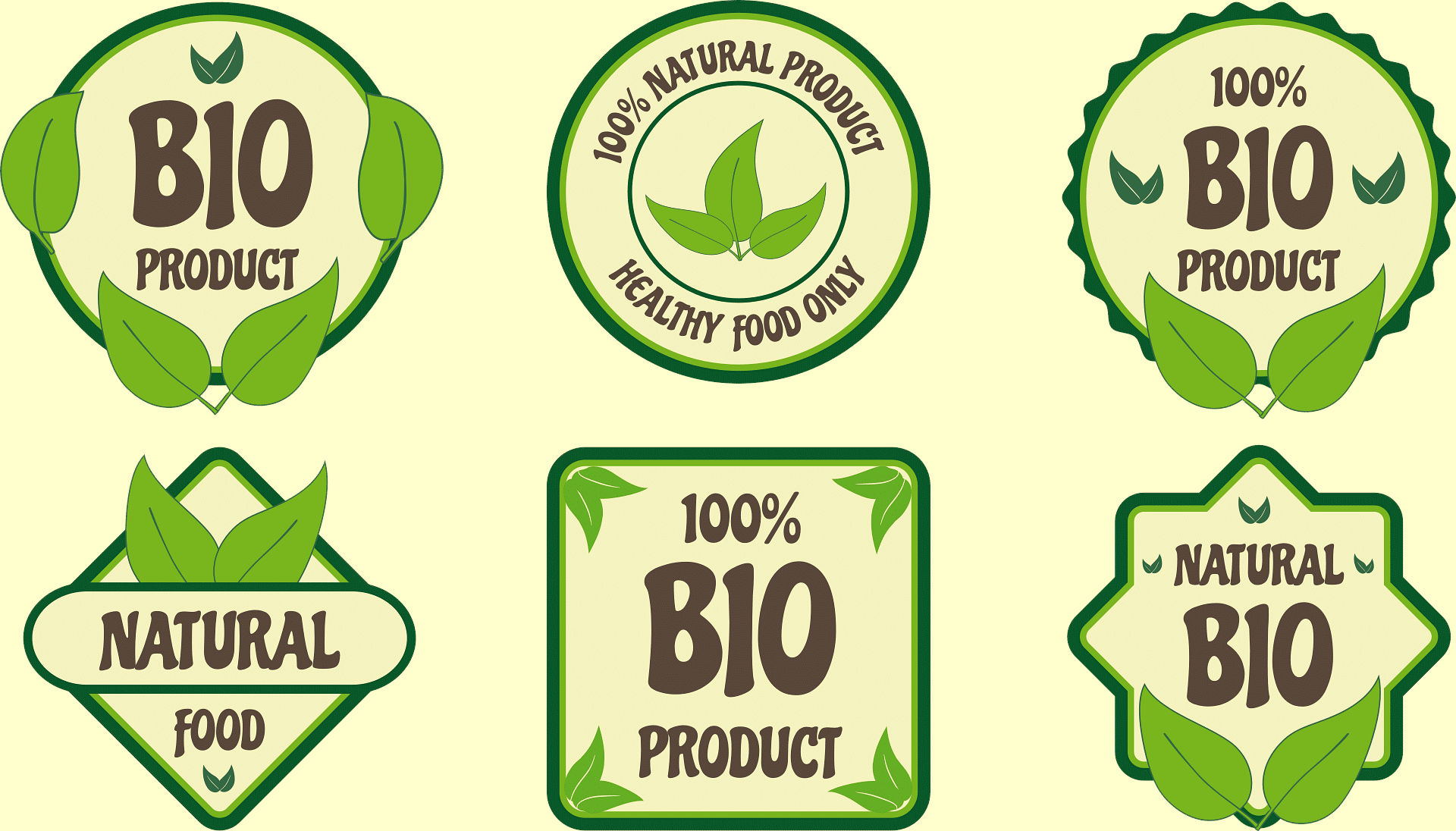What is better than Ceremonial Grade Matcha Green Tea Powder?
Answer: Organic Ceremonial Grade Green Tea Powder is!
How does this work and what criteria are used?
While ceremonial grade matcha green tea powder is considered top-tier, organic ceremonial grade matcha green tea powder is often regarded as superior. This combines the highest quality of tea leaves with organic cultivation practices, ensuring the product is free from synthetic pesticides and fertilizers. Certification processes for organic matcha vary by region, with each having specific requirements for how long the soil must be free from prohibited chemicals:
In Asia, particularly Japan (the primary source of matcha), the Japan Organic and Natural Foods Association (JONA) is a key certifying body. They follow standards similar to USDA organic regulations and require a minimum of 2 years of organic management before harvesting can be considered organic. In the Asia-Pacific region (APAC), countries often have their own organic certification bodies. For example, Australia has the National Association for Sustainable Agriculture, Australia (NASAA), while New Zealand uses AsureQuality for organic certification. Australian Certified Organic (ACO) standards require a minimum of 3 years since the last use of prohibited inputs before full organic certification.
In Europe, Middle East, and Africa (EMEA), the European Union has its own organic certification standards, denoted by the EU organic logo. The EU requires a conversion period of 2 years before sowing for annual crops, or 3 years before the first harvest for perennial crops like tea. Individual countries may also have additional certifying bodies, such as the Soil Association in the UK.
In the United States, the USDA National Organic Program requires that prohibited substances must not have been applied to the land for 3 years preceding the harvest of an organic crop.
It’s worth noting that many high-quality matcha producers seek multiple certifications to cater to different markets and demonstrate their commitment to organic practices globally. Additionally, tea plants used for high-grade matcha are typically much older than these minimum periods, often being decades old, which allows for the development of deeper flavors.”
Why are synthetic fertilizers bad?
The relationship between synthetic fertilizers and human health is a topic of concern and ongoing research due to the potential impact of these chemicals on both the environment and human well-being. Synthetic fertilizers are commonly used in agriculture to enhance crop growth by providing essential nutrients such as nitrogen, phosphorus, and potassium. While they have significantly increased agricultural productivity, there are several ways in which synthetic fertilizers can affect human health:
Residue in Food: One of the primary concerns regarding synthetic fertilizers is the potential for residues to remain in food products. When synthetic fertilizers are applied to crops, some of the chemicals may not be fully absorbed by the plants and can end up in the food that we consume. Prolonged exposure to these residues may have adverse health effects.
Water Contamination: Another significant issue associated with synthetic fertilizers is water contamination. When these fertilizers are applied to fields, rainwater can wash away excess chemicals into nearby water sources. This runoff can lead to contamination of drinking water supplies, posing health risks to human populations.
Air Quality: The application of synthetic fertilizers can also contribute to air pollution. Ammonia emissions from fertilizers can react with other pollutants in the atmosphere to form fine particulate matter, which can have negative effects on respiratory health when inhaled.
Health Effects: Studies have suggested potential links between exposure to synthetic fertilizers and various health issues. For example, some research has indicated that prolonged exposure to nitrates from fertilizers in drinking water may be associated with an increased risk of certain cancers, such as bladder cancer.
Antibiotic Resistance: In some cases, synthetic fertilizers may contain antibiotics that are used in livestock farming. The overuse of antibiotics in agriculture can contribute to the development of antibiotic-resistant bacteria, which poses a serious threat to human health by reducing the effectiveness of antibiotics in treating infections.
Heavy metals: Potential contamination depending on the source of the fertilizer.
In conclusion, while synthetic fertilizers play a crucial role in modern agriculture, their use raises concerns about potential impacts on human health. It is essential for regulatory bodies, farmers, and consumers to be aware of these risks and take measures to minimize exposure to harmful chemicals from synthetic fertilizers. Further research is needed to fully understand the long-term effects of synthetic fertilizers on human health and to develop sustainable agricultural practices that prioritize both productivity and human well-being.
Further reading on the topic
Let’s delve into the relationship between synthetic fertilizers and human health based on the information provided in the research papers.
Environmental Impact Assessment for Animal Waste, Organic and Synthetic Fertilizers(Litskas, 2023):
This research paper focuses on the environmental impact assessment of different types of fertilizers, including synthetic fertilizers. It highlights that the production and overuse of fertilizers, both organic and synthetic, can lead to environmental issues. The study used Life Cycle Assessment (LCA) to estimate the environmental impact of various fertilizer products.
The data showed that the organo-mineral fertilizer (a mix of compost and synthetic fertilizer) had the highest environmental impact for most of the impact categories. This indicates that synthetic fertilizers, when combined with organic materials, can have significant environmental consequences.
The research emphasizes the importance of further studies to determine the impact of other stages of the fertilizer life cycle, such as transportation and application, which were not included in the assessment. This suggests that the full environmental impact of synthetic fertilizers may be even greater when considering the entire life cycle.
Global influence of synthetic fertilizers on climate change(Mahankale, 2023):
This study specifically investigates the global influence of synthetic fertilizers on climate change. It highlights that the use of synthetic fertilizers can have significant implications for the environment, including contributing to climate change.
Synthetic fertilizers are known to release greenhouse gases such as nitrous oxide (N2O) during their production and application, which can contribute to global warming. This indicates a direct link between the use of synthetic fertilizers and climate change.
The findings of this research underscore the need for sustainable practices in agriculture to mitigate the negative impact of synthetic fertilizers on the environment and climate.
Based on the information from these research papers, it is evident that the use of synthetic fertilizers can have adverse effects on the environment, which in turn can indirectly impact human health. The environmental consequences of synthetic fertilizers, such as greenhouse gas emissions and environmental pollution, can have long-term implications for human health through factors like air and water quality, food safety, and climate change. Therefore, it is essential to consider sustainable and environmentally friendly alternatives to synthetic fertilizers to safeguard both the environment and human health.

